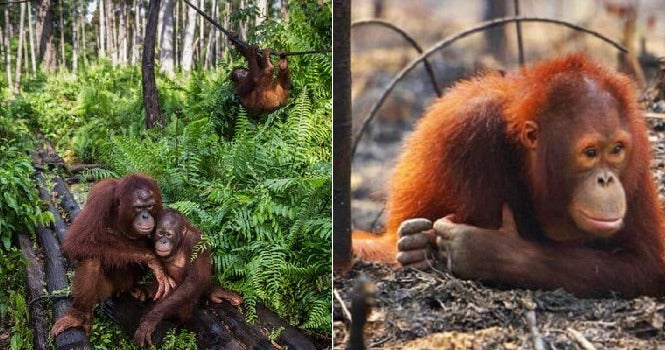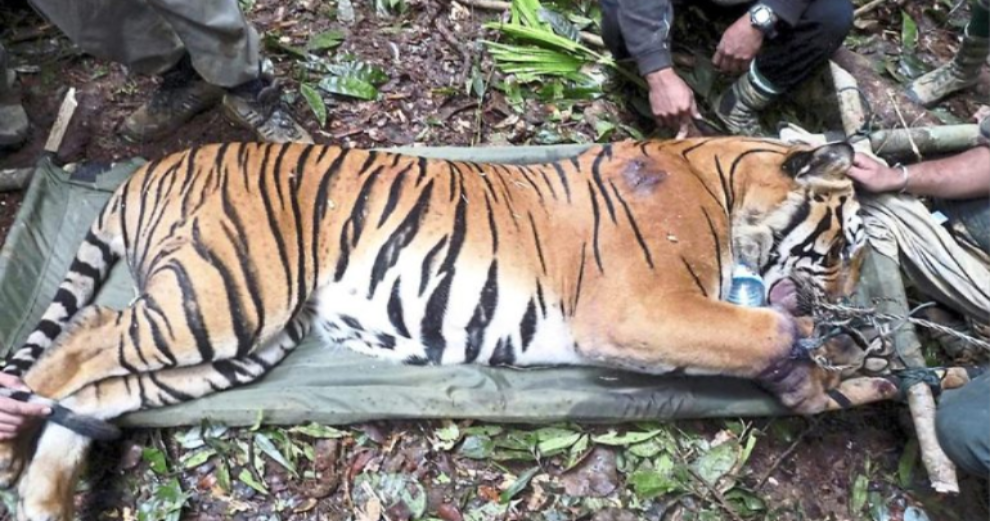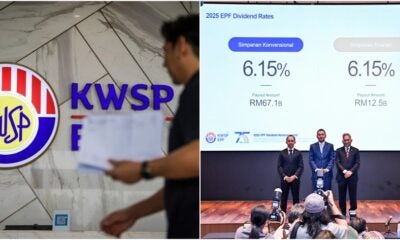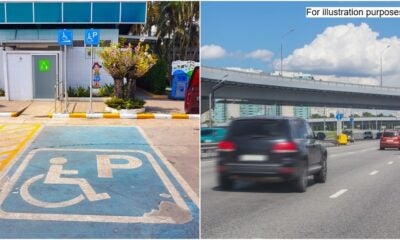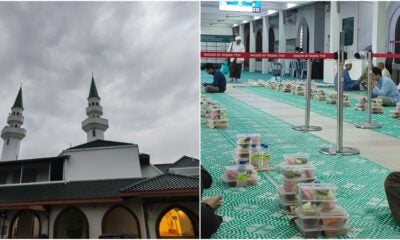OMG, this is sad!
First, we learnt that the numbers of our Malayan tigers are slowly diminishing; today, we found out that orangutan is facing the same fate in Sabah.
Malay Mail reported the orangutan population in forest patches nearby oil palm estates in Sabah has declined by a devastating 30 percent in 15 years.
Between the years 2002 and 2017, the population of this species has dropped by 30 per cent and 15 per cent respectively. FYI, the aforementioned percentages of orangutan population were the results of an intensive survey which was conducted WWF.
WWF elaborated that nearly 650 orangutans – which are normally found in Borneo rainforests and Sumatran islands – went missing from protected areas in Sabah’s eastern lowlands between the year 2002 and 2017.
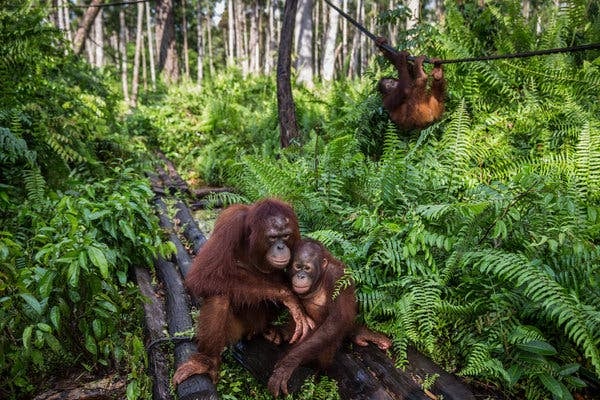
Source: the new york times
In a statement, WWF was quoted as saying,
“While the orangutan population has stabilised in large forest areas, their numbers declined in forest patches within oil palm landscapes of the eastern lowlands of Sabah.”
“The monoculture nature of oil palm plantations means that they tend not to support species that are dependent on forest environment like the orangutan.”
Thankfully, the WWF (World Wide Fund For Nature) said that the overall population of these primates in Sabah is fairly stable with around 11,000 orangutans.
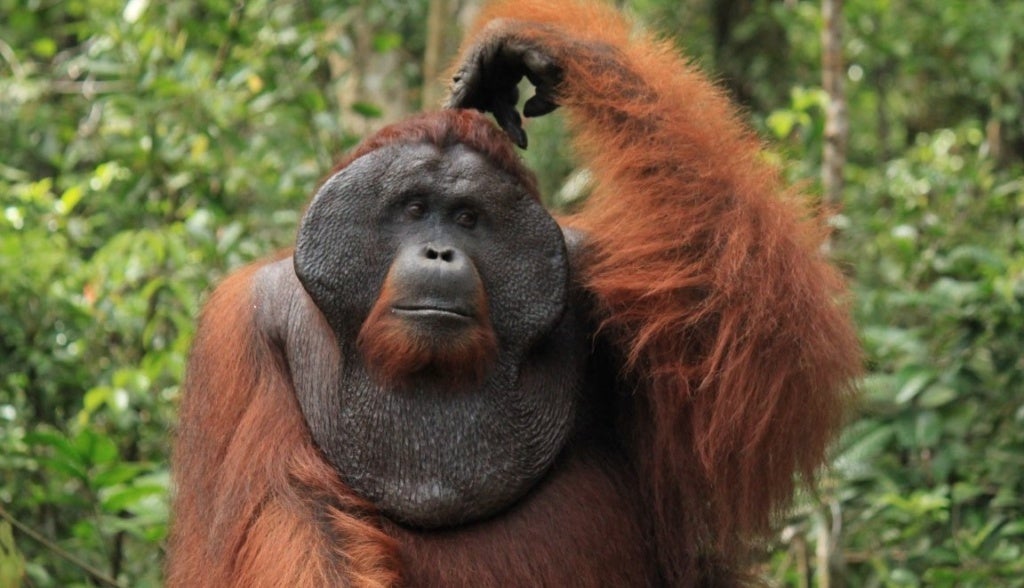
Source: orangutan foundation
The director of Sabah Wildlife Department, Augustine Tuuga, shared that the forest patches allow orangutans to move from one forest to another forested area. This move is very important for their survival, especially in Sabah’s lowlands.
If you didn’t know, Malaysia relies heavily on palm oil as it is one of our main and top industries, but the growth of this lucrative business has taken a toll on the population of orangutans. This is because deforestation has been destroying their homes over the years.
On that note, we hope that authorities are working towards preserving these animals to ensure that they don’t go extinct. They need our help, guys!
Also read: Expert: Malaysian Tigers Could Go Extinct As Early As 2022 If We Don’t Take Action Now

